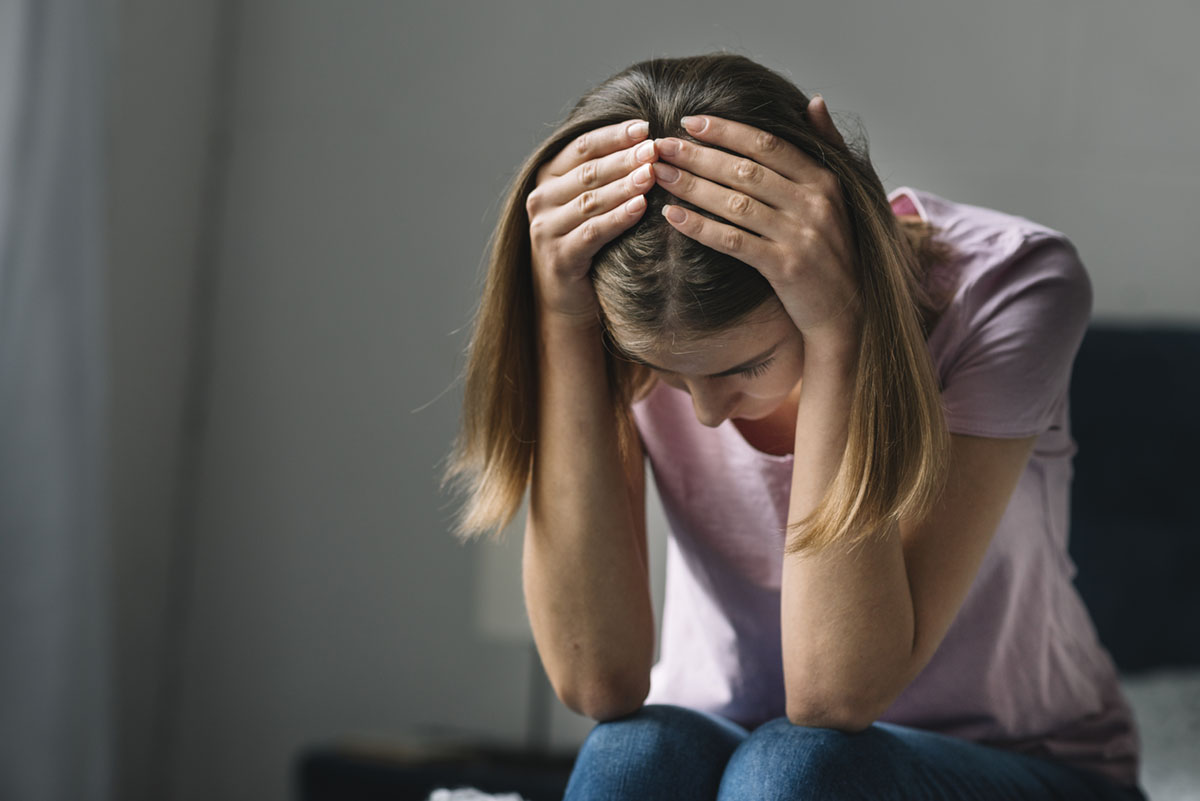Table of Contents
Reproductive coercion has many faces:
-
Denying the victim access to birth control outright.
-
Preventing her from seeing healthcare providers, including for prenatal care and regular gynecological check-ups.
-
Hiding contraceptives such as birth control pills.
-
Tampering with contraceptives, like replacing pills with placebos or making holes in condoms.
-
Forcing the victim to undergo an abortion.
-
Coercing the victim to get pregnant and have children.
Clearly, primary healthcare providers have a huge role to play in helping these women. One part of that role is screening every women seeking some form of reproductive care for domestic violence.
All abortion care providers should ask themselves if the woman in front of them is being coerced into terminating her pregnancy by her partner. Speaking to the women without the presence of her partner is essential in this.

Pregnant women benefit from the same type of screening. Prenatal care providers can help women by attempting to find out more about their personal situation, and by making it clear that they can be part of the solution if domestic violence is an issue.
Any healthcare provider who deals with reproductive care could make all the difference in a woman's life by providing information on where abused women can get help, and reminding her that what she is facing is abuse. This information can be provided in the form of posters, or cards and leaflets handed out directly to women deemed to be at risk.
In cases where it is clear that a woman is in an abusive relationship where reproductive coercion is a problem, covert contraception is one concrete way in which healthcare providers can help. Intrauterine devices with the strings cut off can't be detected by abusive partners, and Implanon birth control implants may be another option. Offering contraceptive pills disguised as multivitamins or other medications is something I haven't seen suggested anywhere, but that I think can help too.
Women in abusive relationships would ideally come to the decision to leave their partner to start a life fresh from violence, together with any children they have. There is no need to say that doctors, nurses, midwives and psychologists make the biggest difference if they can support a domestic violence victim in such a way that she feels able to leave. Reality tells us that this is not always possible, and that meeting victims where they are can still give them much greater control over their life. Helping a woman regain control over her own uterus is a huge start.
All the rest of us, people who aren't healthcare providers, can also play a role in helping abused women. A few will end up in the position to offer a helping hand or lend a listening ear to abused women, like Violet, while others will volunteer at charities that help women and children escape violence, or make donations.
But you don't need to commit your time or money to use International Day Of Action For Women's Health as an opportunity to help advance women's rights. Simply thinking about the predicament in which abused women find themselves is a large step. Understand that domestic violence and reproductive coercion are real, that they are complex issues, and that victims need and deserve practical support, instead of judgement. That alone is huge.

